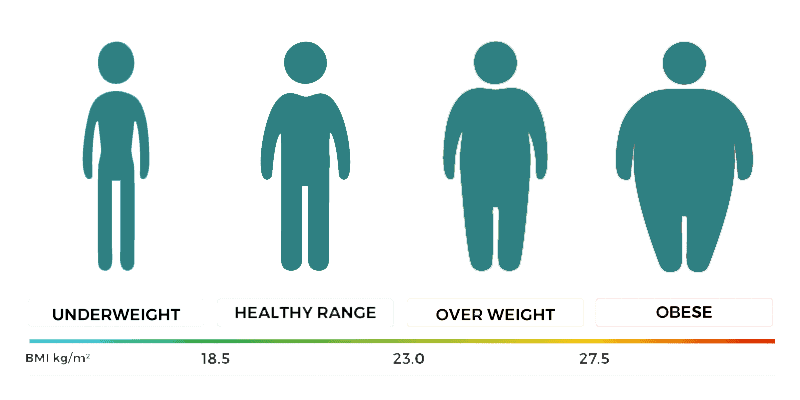SUGAR
The pandemic of sucrose consumption appears endless. Global consumption for 2016/17 is forecast at a record 174 million metric tons (raw value), exceeding production.
Sugars supply food energy but no other nutrients (empty calories) and increase risk of developing obesity, cardiovascular disease, hypertension, obesity-related cancers, and dental caries.
Meta-analyses of randomized controlled trials (RCTs) in adults suggests an association between reduction of free sugars intake and reduced body weight in line with a comparable increase in body weight associated with an increased intake of free sugars. Pediatric RCTs interventions comprising or including recommendations to reduce sugar-sweetened foods and beverages, instead were in general characterized by low compliance and no change in body weight.
Fructose consumption is therefore a key contributor to the obesity epidemic, particularly in paediatric ages, as demonstrated by a series of studies that focused especially on sugar-sweetened beverages (e.g., soft drinks, commercial fruit juices, energy drinks, iced teas). This depends in particular on the lack of satiety after sweetened beverages which don’t influence food intake. Additionally it has been reported that fructose is associated with metabolic syndrome components including increased systolic blood pressure and insulin resistance.
Results of one study showed that grams of sugar per week and monthly and daily frequency of sugary drink consumption, reflect the excess body weight and metabolic syndrome clinical parameters, with the maximum intake per serving (>3 glasses per time) in 50% of the obese group.
WHO guidelines recommend reducing sugar intake to 10% of the total daily energy need, and highlight that there is evidence which suggests cutting this value down to 5% at least.





